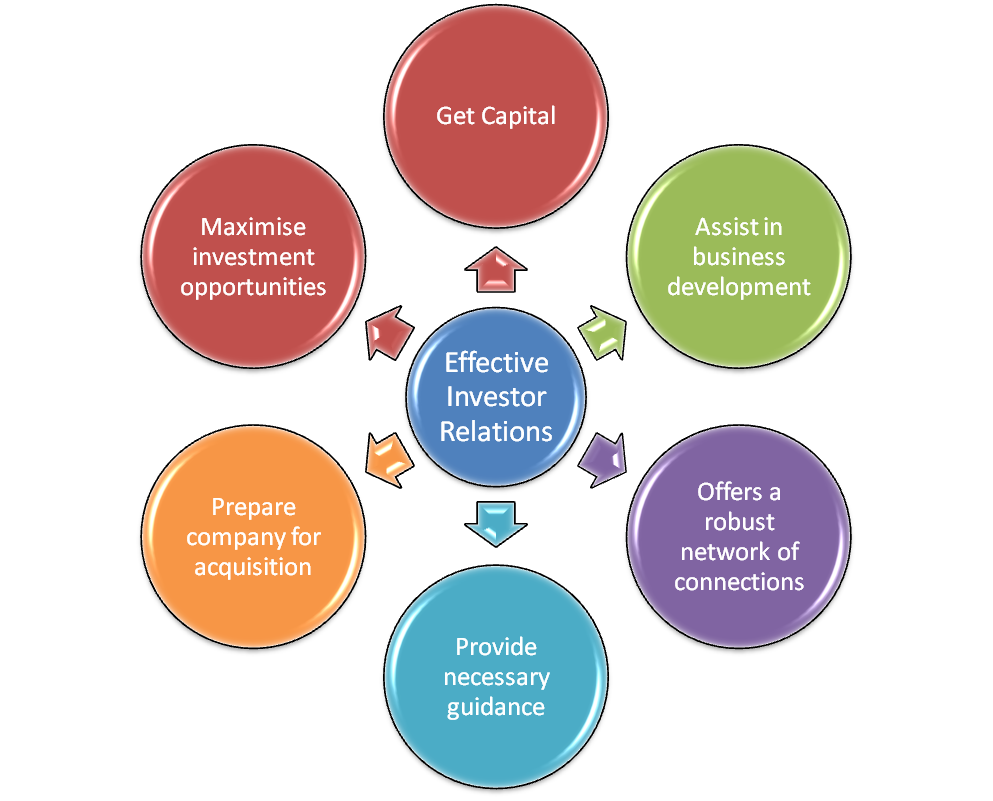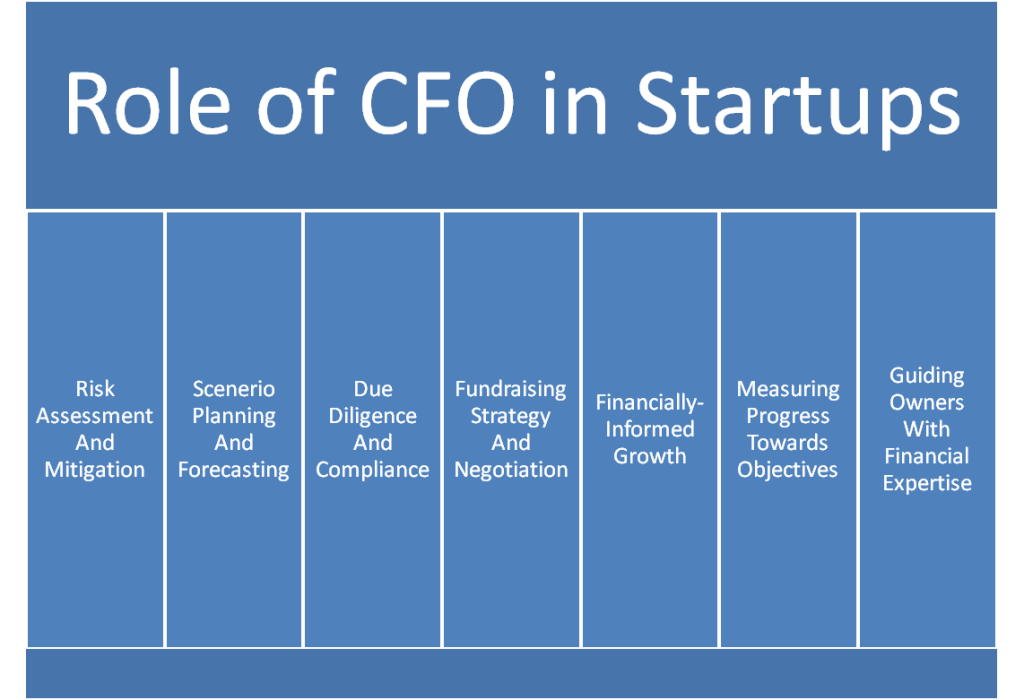Financial leaders of an organisation are the vital points of contact for potential investors. Founders can be Chief Financial Officers (CFOs) in the early business stage. But as your startup scales, you need an experienced CFO who can add strategic thinking to your team and optimise business performance.
CFOs play a vital role between startups and potential investors. They can set up accounting systems, create financial projections, develop budgets and do more tasks to attract potential investors. This blog post shares a startup’s need for CFO and investor relations.
Table of Content
- What are investor relations in startups and their importance?
- Who is a CFO, and their role in startups?
- Understanding the role of CFO in investor’s relation
- Common challenges CFOs and investors face when relationship-building
- How to develop or improve your CFO and investor relations strategy
- Final thoughts!
What are investor relations in startups and their importance?
Investor relations in a startup refers to managing the relationship between investors and your startup.

Early-stage businesses may not have sufficient cash flow to support growth. It is when they start raising capital from potential investors. You must develop effective investor relations to motivate them to invest in your startup. This includes building strong communications with investors, providing them with necessary financial data, and replying to their queries.
The below picture shows what objectives you can fulfil with effective investor relations.

Who is a CFO, and their role in startups?
A CFO (Chief Financial Officer) is the top-ranking financial expert responsible for managing a business’s financial health. They manage almost every aspect of financial matters in a startup and assist in effective decision-making.
The role of CFO in a startup
Previously, CFOs were only responsible for handling a business’s financial planning and dealing with records and budgets. But now, when startups deal with complex problems, the role of CFOs has increased. Here are some of their tasks in a startup.
- Risk assessment and mitigation
Startups often suffer from different risks, with financial risks at the top. CFOs can easily assess potential vulnerabilities, financial pitfalls, market fluctuations, and regulatory changes. They further can assist you in developing strategies to mitigate risks and ensure long-term business success.
- Planning and forecasting
You can often miss out on opportunities due to inefficient financial planning and forecasting. CFOs know to forecast potential opportunities and risks by following historical data, industry benchmarks, and market trends.
They also guide strategic decision-making and prepare you for any uncertainties and market changes.
- Fundraising and negotiation
Securing funds, getting loans approved, and applying for government grants are difficult without proper financial reporting. CFOs can create appropriate financial statements and forecast your financial projections, encouraging investors to fund.
Additionally, they have the skill to negotiate properly by assessing valuation metrics, evaluating market comparables, and strategising on ideal terms.
- Measure business progress
Finally, CFOs can measure your financial performance for the last few years and guide you to business success. They can identify cost-saving opportunities, assist in financially informed growth, ensure cross-functional collaboration with multiple departments, and guide owners with financial expertise.

Understanding the role of CFO in investor’s relation
A CFO in a startup is usually the primary point of contact with investors. They communicate your business’s financial health and prospects to the investors. Additionally, they create detailed financial reports and budgets, participate in fund pitching rounds, and identify and explore new funding opportunities. As your startup moves towards late-stage funding, the CFO’s role shifts towards building and maintaining investors’ relationships in business.
- Translate your numbers into values
Numbers may not always speak the full story of the actual potential of your business. It is when a CFO comes into a startup for your help. They go beyond your spreadsheets to create compelling stories showcasing financial performance, growth journey, market positioning, and more details. All of these can captivate potential investors and ensure you have a remarkable journey.
- Build investor confidence
Startups must do due diligence, ensuring their financial records are accurate and transparent and their business processes follow regulatory standards. CFOs prepare your startup for all of these and provide necessary documentation about your financial health. This information increases trust among potential investors, leading to higher chances of getting investments.
- Maximise investment opportunity
CFOs are good at pitching and creating effective fundraising strategies to secure funds. They consider multiple factors, like assessing valuation metrics and evaluating market comparables, to develop favourable terms. During negotiations, CFOs consider your startup’s best interests and ensure your investment opportunities are increased.
Common challenges CFOs and investors face when relationship-building
Building and maintaining relationships between CFO and investors can be difficult sometimes. Here are a few common hurdles that these experts face in a startup.
- Misalignment of financial goals
Everyone doesn’t need to have the same financial goals simultaneously. But if the CFO and the investor goals are misaligned, their relationship may strain and affect your business’s long-term growth.
- Limited access to startup data
The CFO usually has the key to open your startup data. But, if they don’t agree to share it with anyone, investors cannot provide you with valuable insights and guidance.
- Time restrictions
CFOs in a startup are usually busy as they are the only people to deal with your finances. In such cases, where experts have a busy schedule, building and maintaining relationships becomes difficult.
How to develop or improve your CFO and investor relations strategy
The best way to build or improve your CFO and investor relations strategy is to stay transparent and share all updated data. You can send investors monthly updates on your startup products, sales, and revenue generated.
CFOs must share details with investors about their good and bad times. Every startup faces challenges, and investors have the knowledge to navigate complex problems. Therefore, you must always share the right data with the CFO so that they can stay prepared with the techniques to apply in your startup.

Final thoughts!
In the initial days of a startup, you may not require a CFO or an investor. But as your business starts growing and scaling, you need a CFO to manage finances, maximise investments, create financial projections, and develop budgets. On the other hand, having strong investor relations can help you get funds whenever needed.










